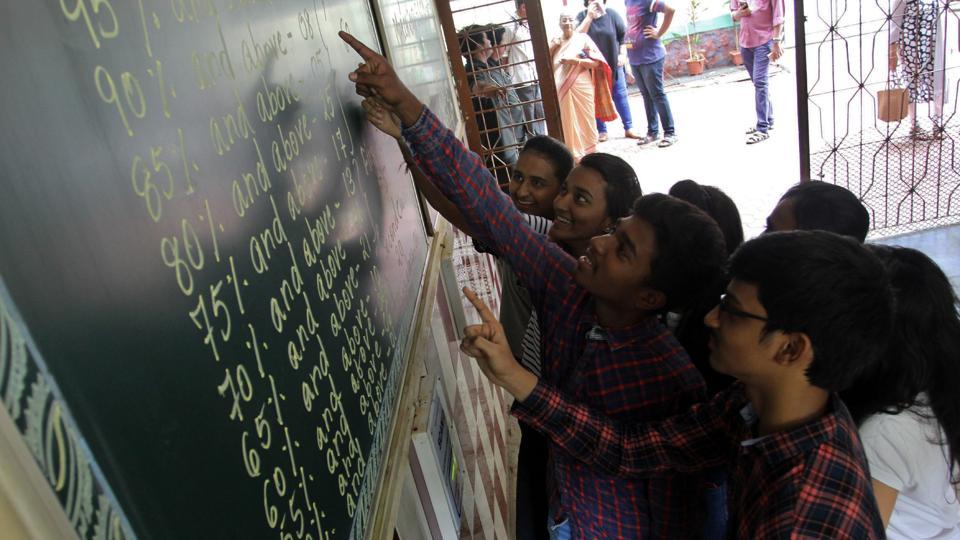Kenya: Authorities tighten rules for foreign student admissions

Concerned by criminal and terror networks, Kenyan authorities are tightening up regulations relating to the entry of foreign students – all of whom will from January 2018 require police clearance before being considered for admission into a Kenyan higher education institution.
The move comes in the wake of a deadly attack earlier this month on a bus carrying students and staff of the Technical University of Mombasa. The university temporarily suspended activities at its Kwale campus following the death of two staff members by gunmen believed to be members of the Somalia-based Islamic militant group al-Shabaab.
Gordon Kihalangwa, of the Kenyan Directorate of Immigration and Registration of Persons, said the aim of the new regulations was to crack down on criminal networks dominated by foreigners. He said the police certificate will be a confirmation that foreigners have not been involved in criminal activities such as fraud or terrorism.
“Unlike before, where foreign students would be required to only have an admission letter and-or a letter of their sponsor, a passport to get a visa, all foreign students will now be required to obtain the certificates of good conduct from the police for clearance,” he told University World News.
In terms of the new regulations, foreign students will be required to write a letter addressed to the immigration director indicating the course they intend to pursue and its duration. They will also be required to provide copies of their academic certificates, proof of funds, and a commitment letter from their sponsor.
In the case of Nigerian nationals, a National Drug Law Enforcement Agency clearance certificate is required on a case-by-case basis, he said.
According to Kihalangwa, police reports have indicated that Kenyan students, especially those in universities, are being radicalised and lured into joining the terror groups.
He said immigration officers had identified up to six satellite towns around Nairobi, as well as apartments located near the United States International University Africa as locations where foreigners of “questionable character” are living.
“We expect to ensure that foreign students admitted into our institutions are those intending to pursue their education and not seeking an avenue for criminal activities,” he said.
Kenya is struggling against fundamentalist Islamic groups like Somalia-based al-Shabaab that are alleged to be recruiting the country’s youths. A police report released in April indicated that a significant number of youths who have been pursuing degrees in Kenyan universities have fallen under the sway of terrorists and that universities had become centres of radicalisation and recruitment by recruiters from Somalia and Syria.
There is concern that those who join Islamic State and al-Qaeda linked organisations will be used to launch attacks on Western targets in Kenya and neighbouring countries.
The security agencies last year released the names of four students from Moi University – Anthony Rotich commonly referred to as Abdul Hakim Rotich, Hassan Waqo Boyana, Mahmoud Mohamed and Abubakar Mbarak – they believe have joined the terror groups.
In September last year local media reported that the Commission for University Education said that at least 44 university students had abandoned their studies to join terror groups including Islamic State in Libya and al-Shabaab in Somalia.
In addition to this month’s attack on the Technical University of Mombasa staff, al-Shabaab has in the past used Kenyan youths in its ranks to launch attacks, such as the April 2015 attack on Garissa University College which killed more than 148 people, mostly students. The mastermind of the attack was confirmed to be a former University of Nairobi law student who joined al-Shabaab after graduating in 2013.
Maurice Oduor, a lecturer of law at Moi University, says it is government policy for all the foreign students to obtain student passes before they travel from their countries. However, this has not been strictly implemented.
“It is an offence while in the country to take up studies without a pass. Most international students start the process on acquisition of the student pass while in the country, which is illegal and terrorists have taken advantage of this loophole to get their way into the country,” said Oduor.
Kenya admits more than 5,000 foreign learners each year, mainly for study in private institutions, and mostly from the Eastern Africa region.
All foreign students are required to have the Kenyan student pass before admission. The Kenyan government charges US$50 for those from outside the East African Community per year for the student pass and US$150 for a research pass.
Source: University World News